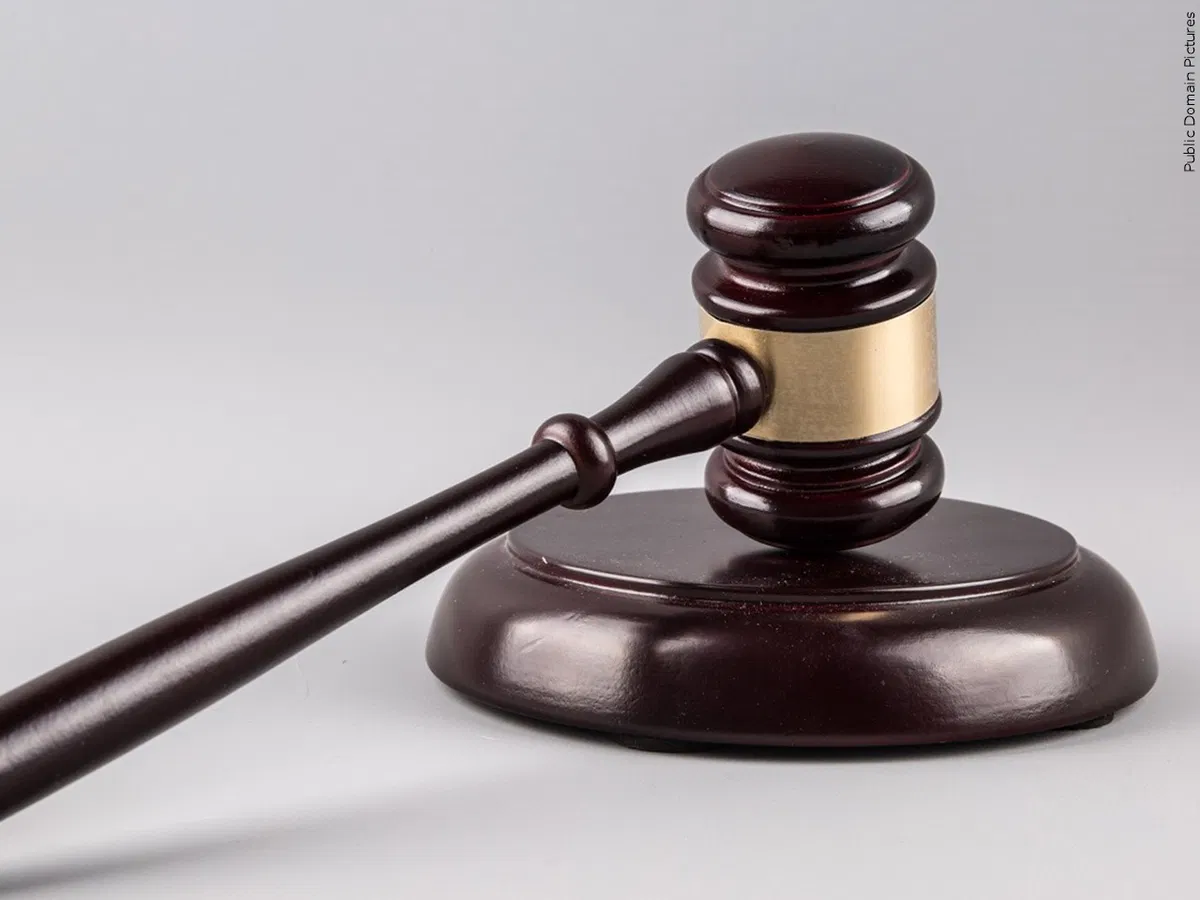By Gqlshare
Copyright presstelegram

The debate rages: Was ABC’s suspension of Jimmy Kimmel censorship? It wasn’t. It was something much worse, even if his suspension has ended.
ABC announced the suspension days after Kimmel’s on-air comments suggesting that Charlie Kirk’s apparent killer, Tyler Robinson, was “one of” the “MAGA gang.” This was false: from everything we now know, Tyler Robinson was motivated by leftist ideology to murder Kirk. ABC is a private company with the right to fire anyone it thinks exercises poor judgment on air. And there exists no explicit government edict banning speculation about the motivation of murderers. So it was not an act of censorship in the traditional sense.
But censorship is not the only way the government can violate the First Amendment, which strips government of all power “of abridging the freedom of speech, or of the press.”
The modern method of suppressing speech is more subtle and sinister: to intimidate the victim to self-censor. Threaten unfavorable government decisions, often on seemingly unrelated matters, and hope your targets will “voluntarily” silence themselves.
This is what, according to the Fifth Circuit Court of Appeals, the Biden administration did behind closed doors when it jawboned Facebook and other social media companies to not publish content the government disliked. And this is now what the Trump administration is doing openly.
Kimmel’s suspension happened shortly after FCC Chairman Brendan Carr went on a podcast about how to target Kimmel and ABC News. Carr characterized Kirk’s murder as one of the most “newsworthy, public interest acts that we’ve seen in a long time,” observed that a license from the FCC “comes with an obligation to operate in the public interest,” and said the FCC “has been trying to reinvigorate [enforcement of] the public interest” – to which Carr then quickly added, “but frankly, when you see stuff like this, I mean, look, we can do this the easy way or the hard way.”
The mafioso-style form of Carr’s threat has been widely noted. Less widely noted is that Carr also threatened Disney (ABC’s parent company) in the podcast, mentioning that the government is investigating Disney for its DEI policies; that Nexstar, which owns a number of ABC affiliates and was one of the first to pull Kimmel from its broadcasts, must beg the FCC for permission to merger with Tegna, a decision which should be a private business matter; and that a few weeks before Kirk’s murder, President Trump threatened ABC and NBC with license revocation because he disliked their news coverage.
The choice to self-censor or else face the government’s wrath is a much worse free speech violation than is censorship by official edict. At least under traditional censorship, content creators and consumers can know in advance which topics we’re not allowed to discuss. Not so, Ayn Rand observed, with the modern method of suppression, rooted in the undefinable notion of “the public interest.” Enforcement of this mystical mantra “spares the bureaucrat the troublesome necessity of committing himself to rigid rules—and it places upon the victims the burden of discovering how to please him, with a fluid unknowable as their only guide.”
The modern method of suppression also has the advantage of giving the opponents of free speech an easy cover: they can pretend their victims are acting voluntarily.
Defenders of the Trump administration rushed forward to declare that government intimidation had nothing to do with Kimmel’s suspension, that ABC (allegedly) wanted to fire Kimmel anyway, because his show was losing money, and that it was simply reacting to market pressure from affiliates like Nexstar. ABC was just making private, voluntary decisions.
The private decision-making process of companies like ABC who seem to cave to government pressure is of course hard to know, but it’s also irrelevant to free speech violations. The moment credible threats emerge of government reprisals if you say X, your actions are no longer voluntary and your right to free speech is abridged. Free speech means freedom to say X or Y. That freedom is violated whenever government threatens you to not say X, even if you were already planning to say Y.
And now far too few people who identify as on the political right object to the Trump administration’s violation of the First Amendment rights of ABC and its millions of viewers. It’s for a “good cause,” they tell themselves, stopping the spread of Jimmy Kimmel’s misinformation; it’s in “the public interest.”
If we don’t want to lose our freedom, we must abandon these tribal loyalties. Now is the time to push back in defense of free speech – as strongly and as publicly as the gangsters on the left and right are threatening to revoke it.
Onkar Ghate, Ph.D. in philosophy, is a senior fellow the Ayn Rand Institute, and a contributor to The First Amendment: Essays on the Imperative of Intellectual Freedom. Ben Bayer, Ph.D. in philosophy, is a fellow and director of content at ARI.



